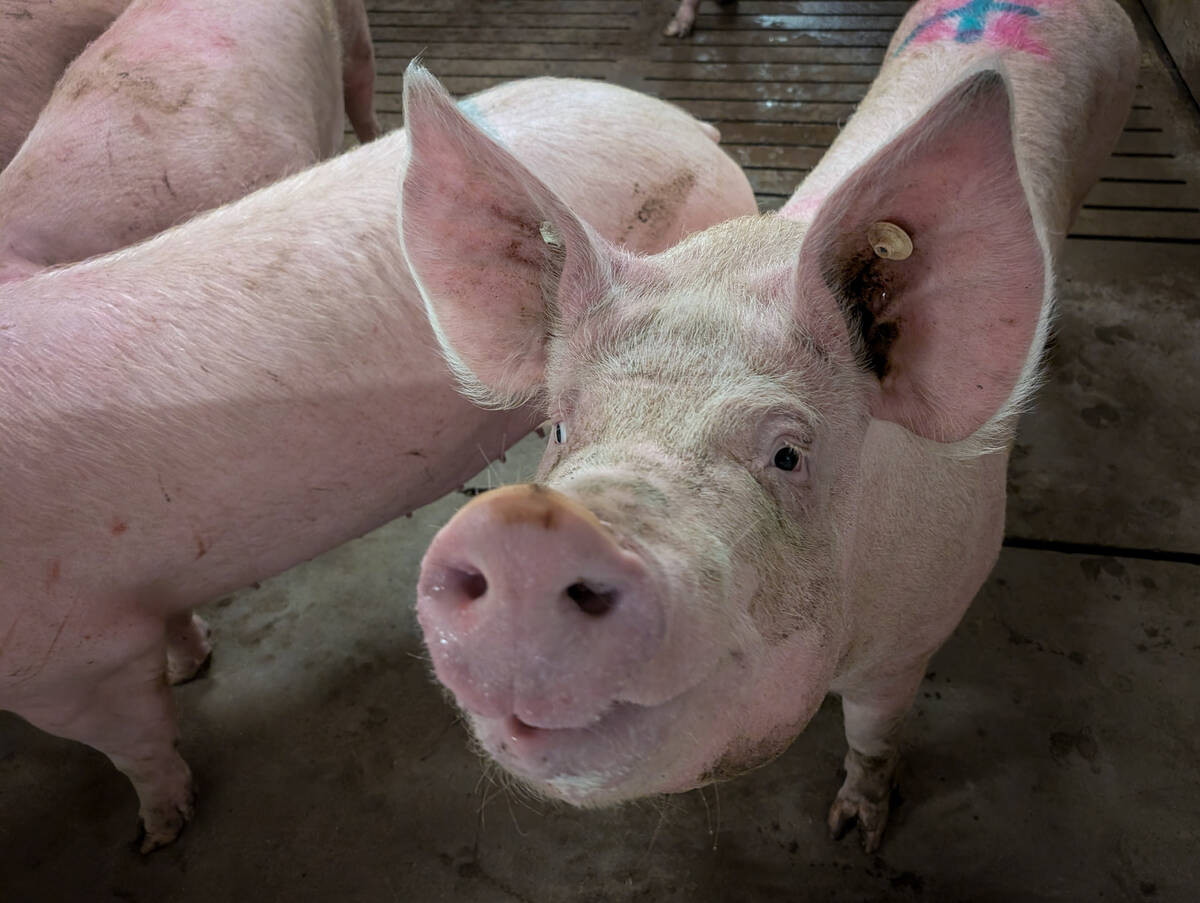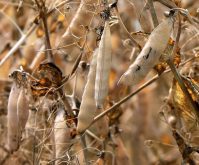Moscow | Reuters — Russia, a key wheat exporter to North Africa and the Middle East, may consider imposing a floating tariff on grain exports as a measure of last resort to defend the domestic market in 2015, its deputy agriculture minister said Thursday.
Russia shocked grain markets in 2010 when it banned grain exports to cover domestic needs after a drought. The resulting global price growth contributed to social unrest in some of the regions that receive Russian exports.
Memories of this cause concern among some exporters and analysts when grain flows from the country speed up, despite the fact that the Kremlin has not used export limits since then.
Read Also

Spain detects first swine fever cases outside initial Barcelona outbreak zone
Two African swine fever cases have been detected in Spain among wild boar for the first time outside an original outbreak area near Barcelona, prompting additional restrictions on the movement of people and livestock, regional authorities in Catalonia said on Friday.
Asked by traders at a conference in Moscow whether Russia would impose a ban on grain exports in 2015, the deputy minister, Dmitry Yuryev, said such a move was “impossible.”
“A floating tariff is a measure of last resort,” he said, adding that there was no need to consider any grain export regulation now.
Russia’s grain exports in the 2014-15 marketing year, which started on July 1, have been supported by an about 30 per cent decline in the rouble against the dollar this year and by a near-record grain crop of 104 million tonnes.
In 2015 the grain harvest may fall by 17 per cent, SovEcon agriculture analysts told the same conference earlier on Thursday.
— Reporting for Reuters by Polina Devitt in Moscow.













